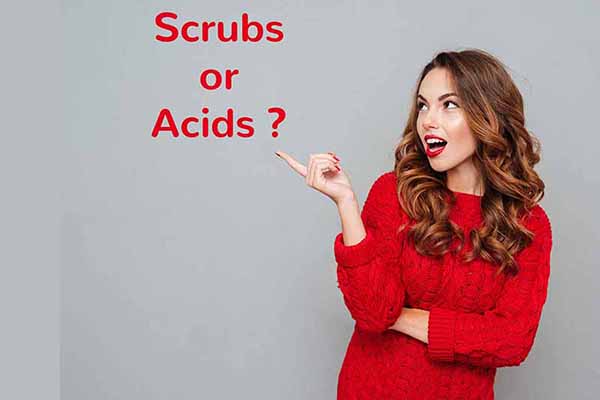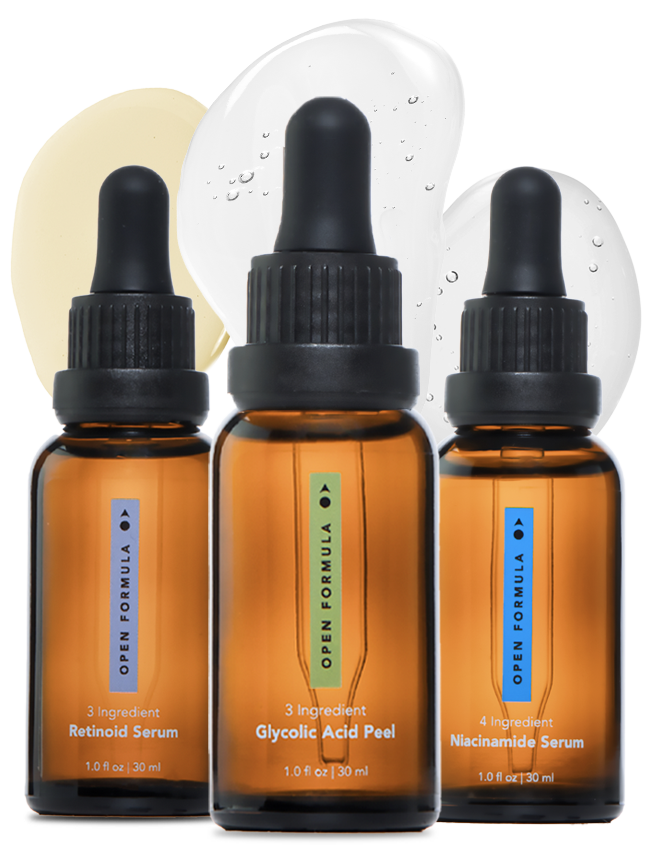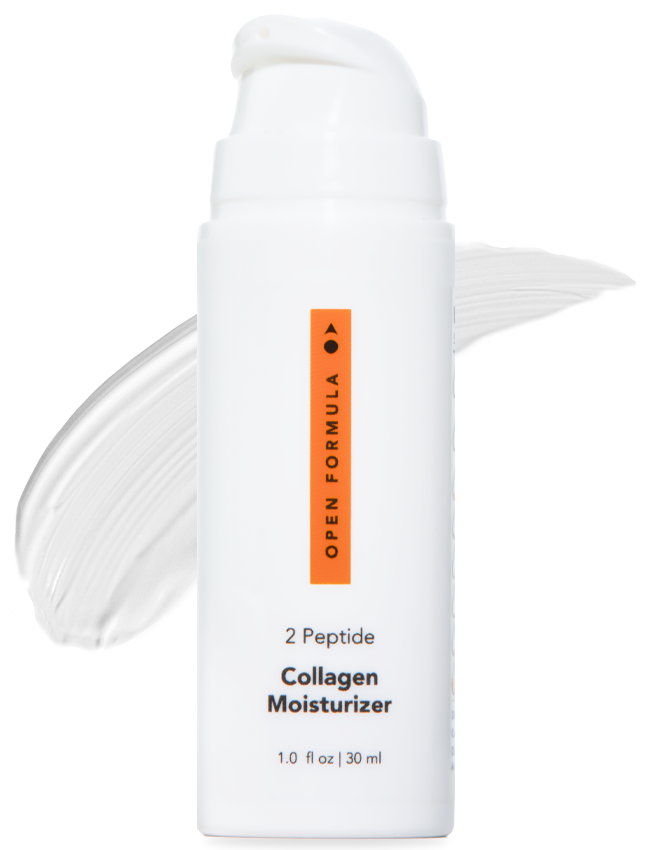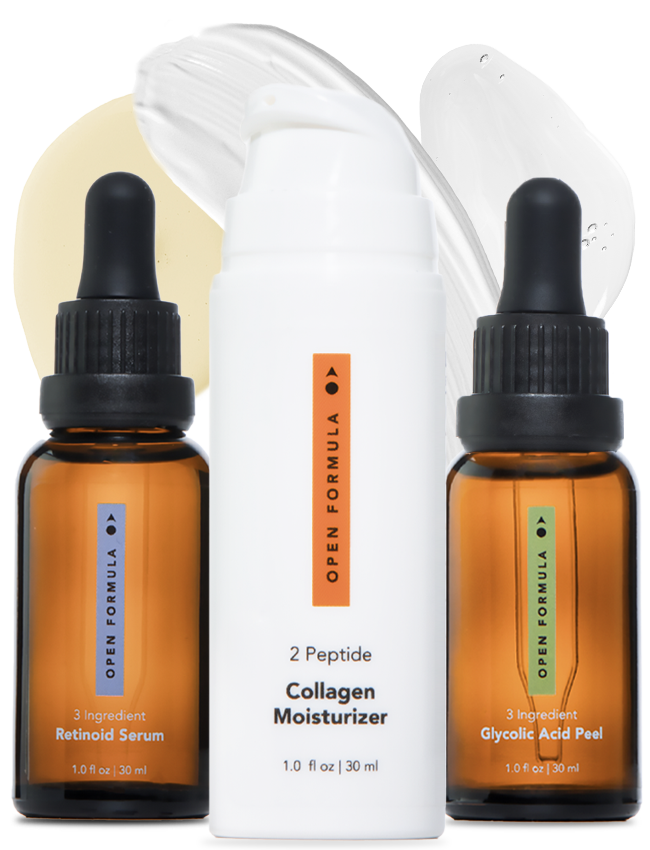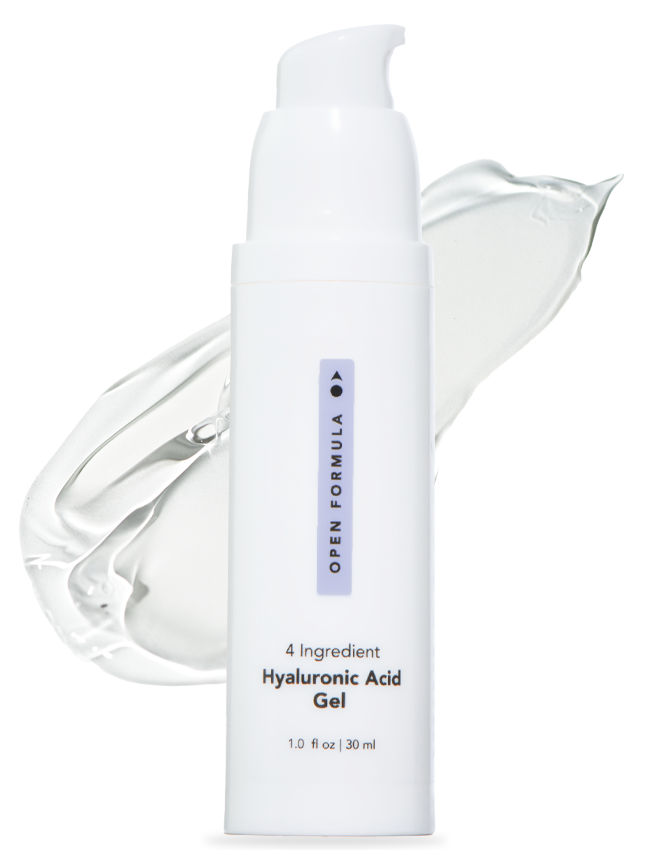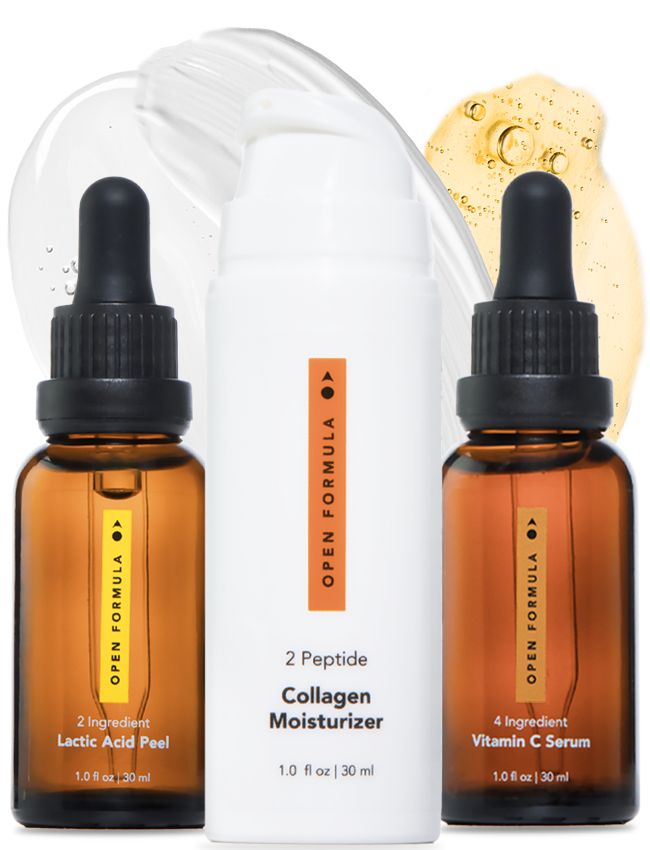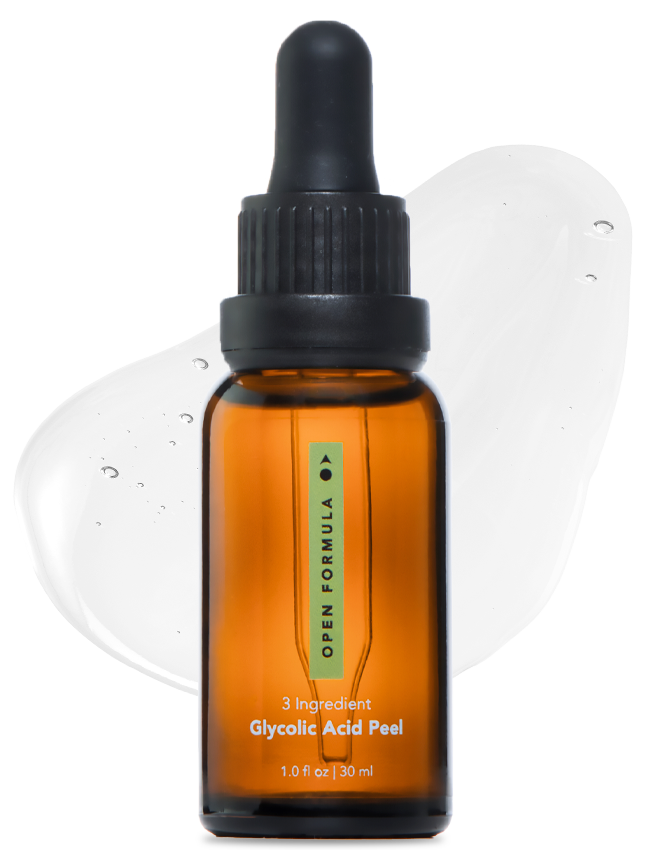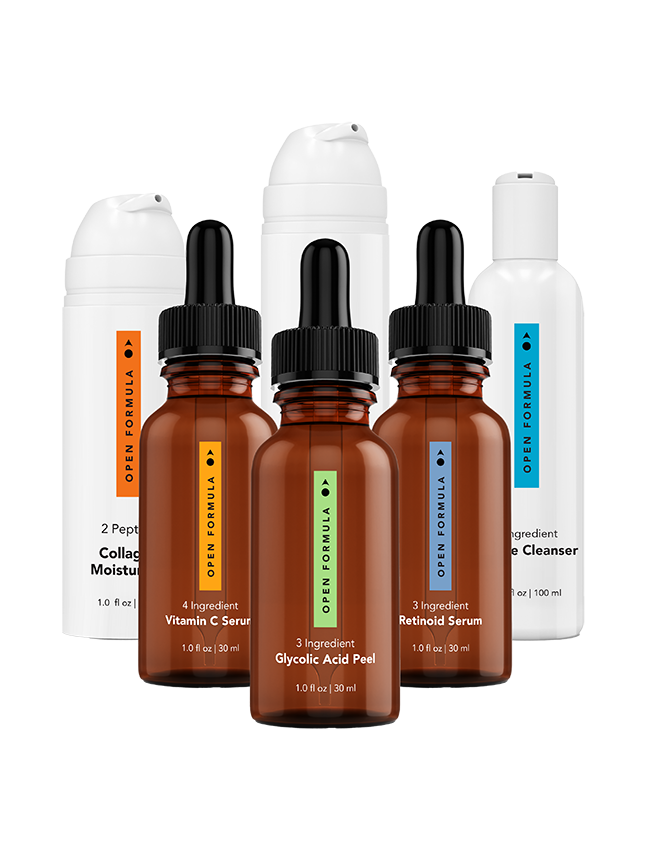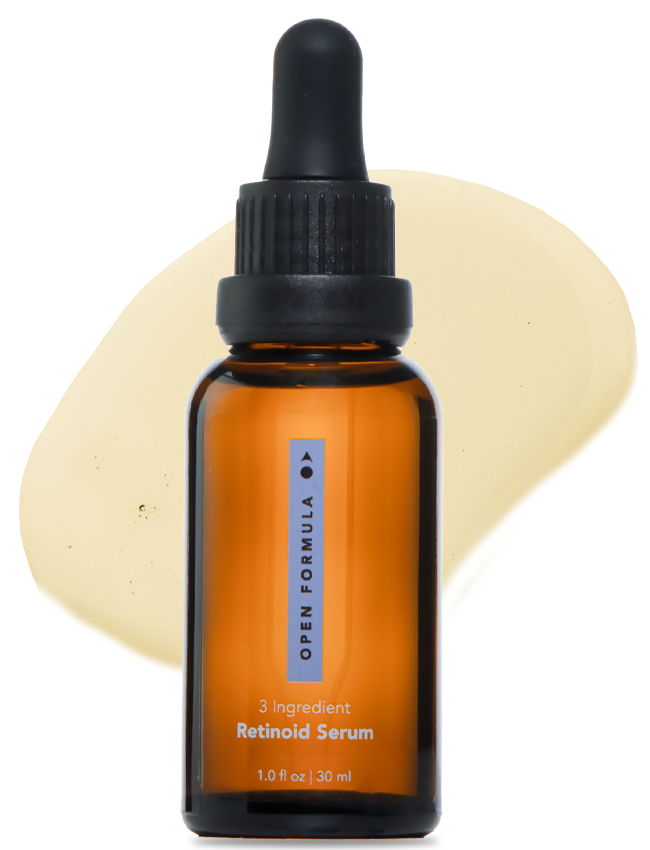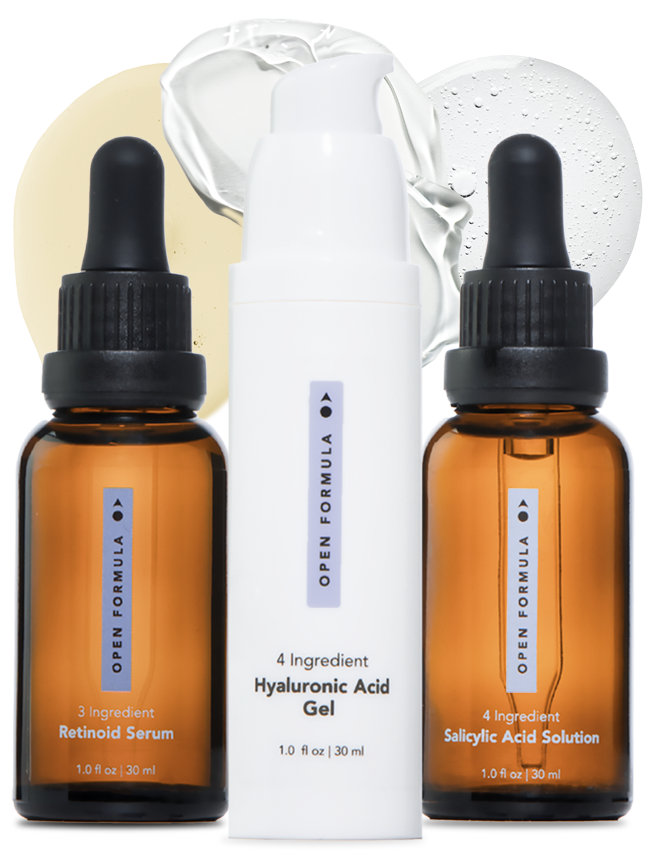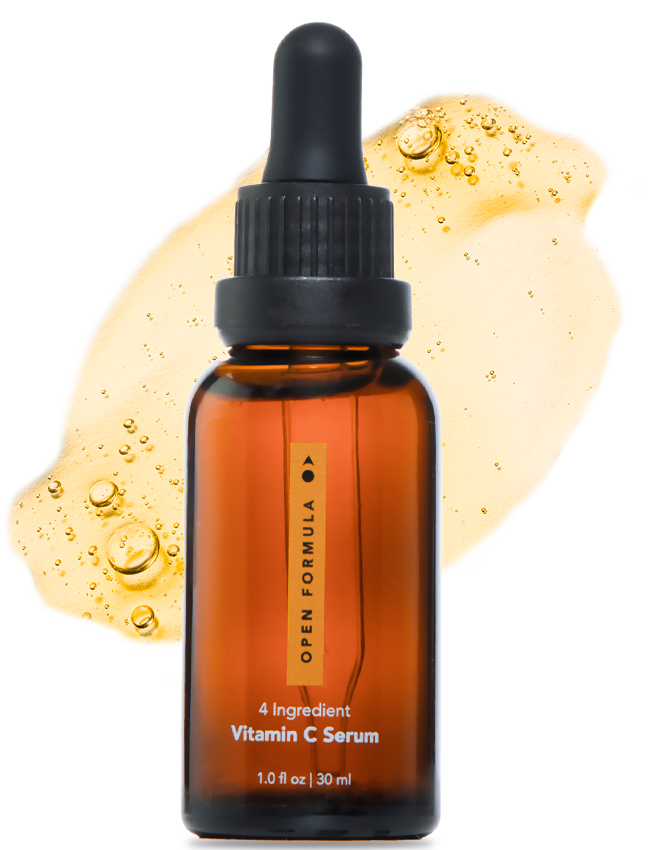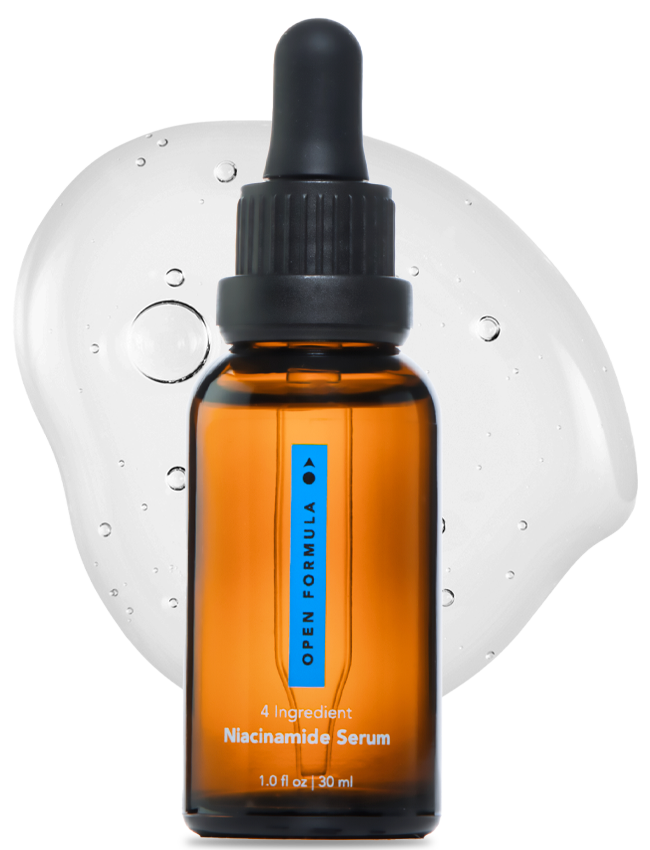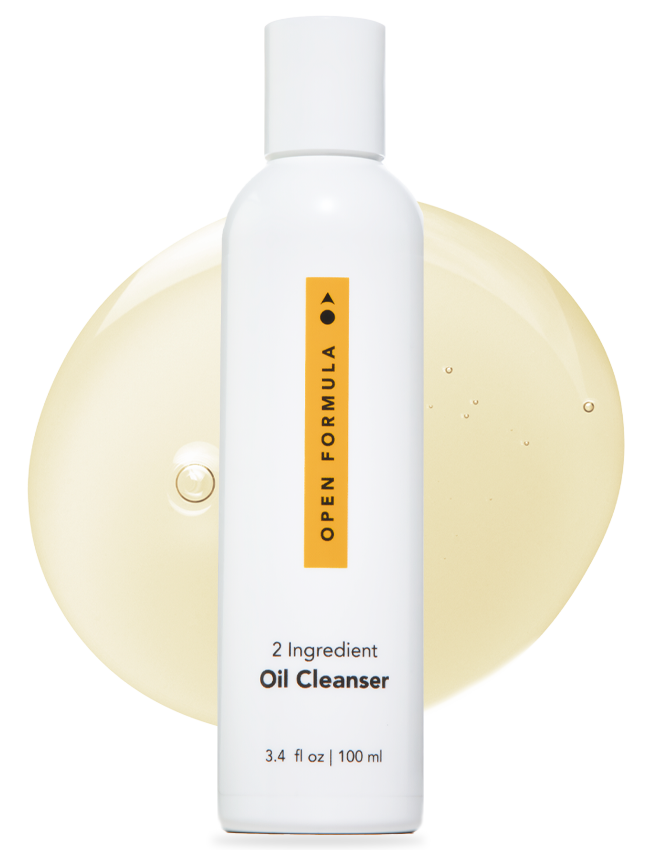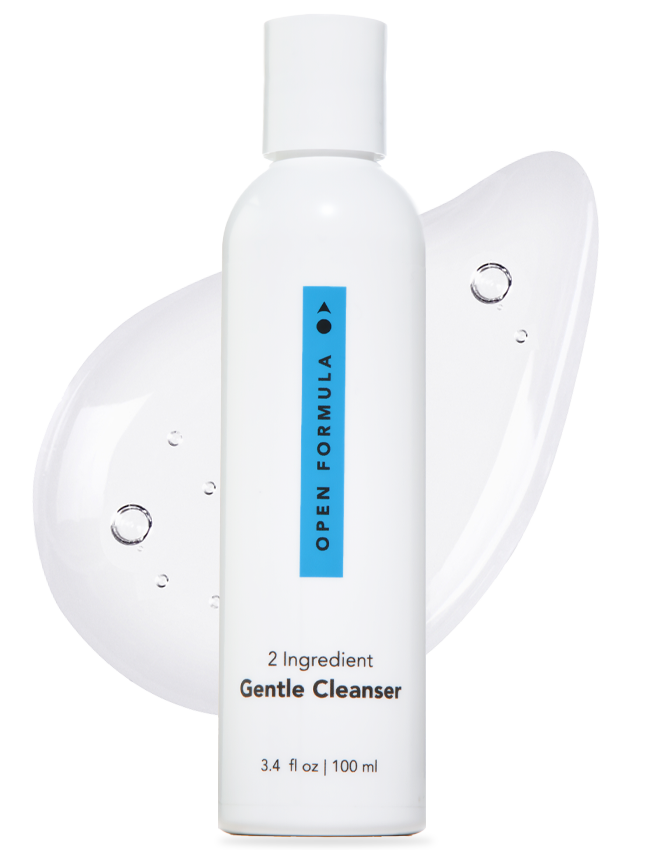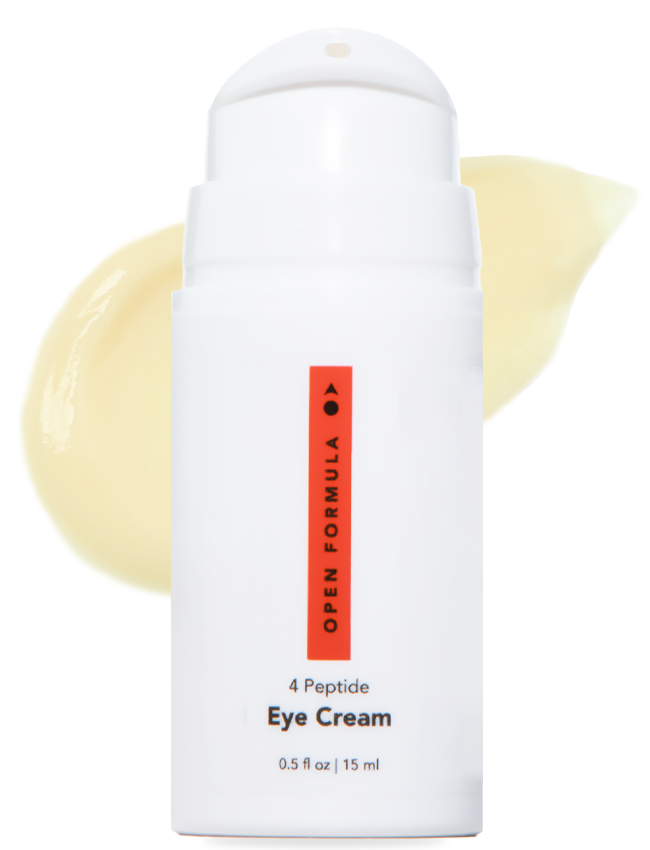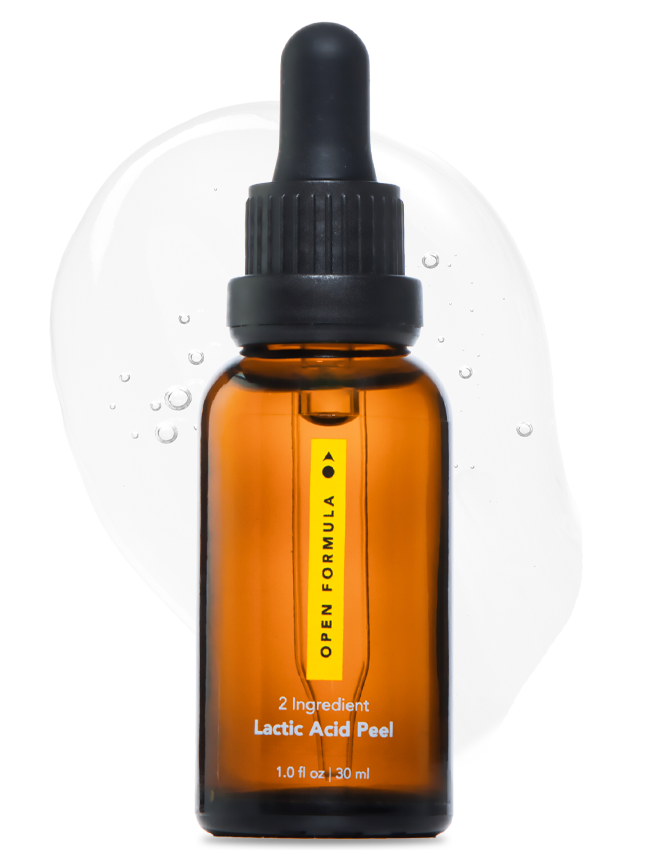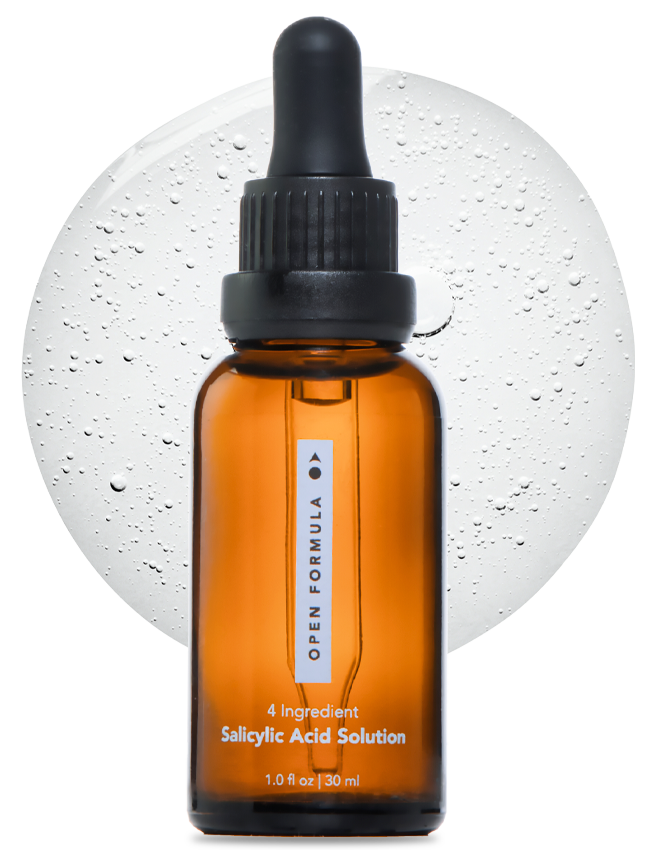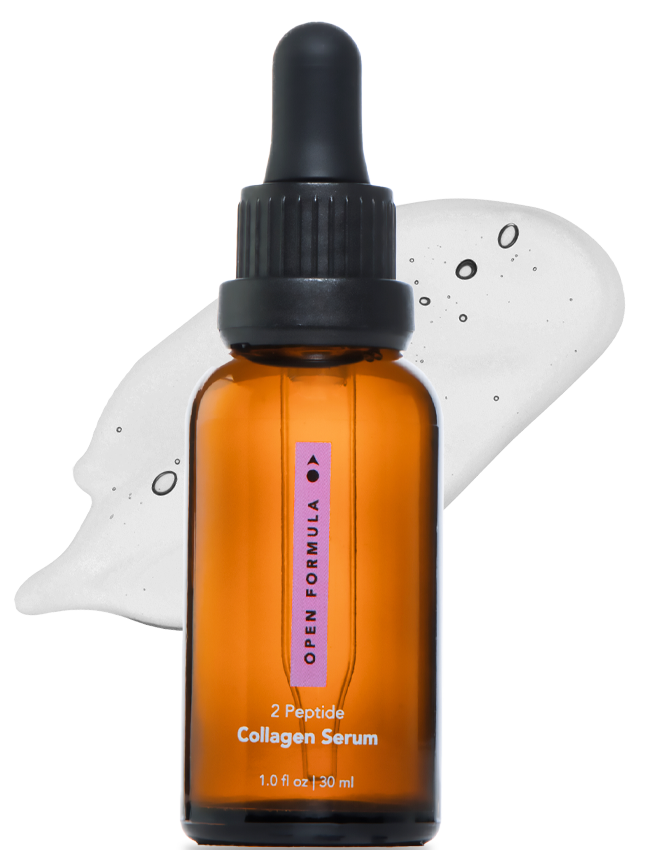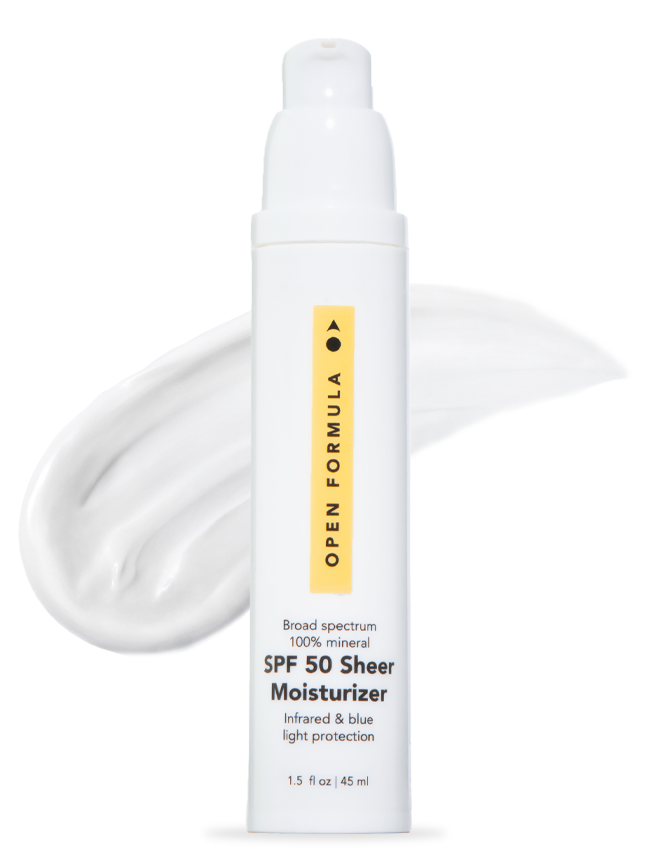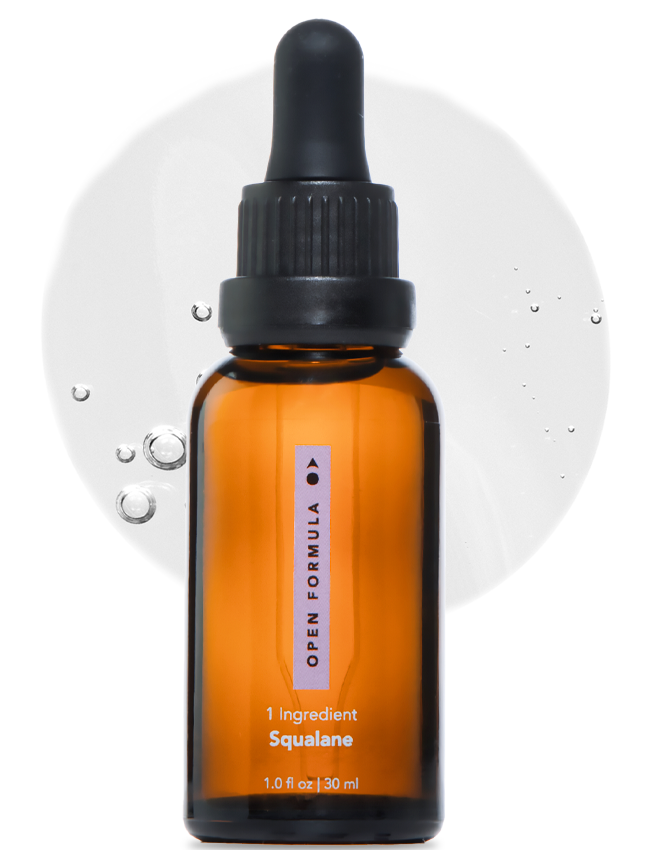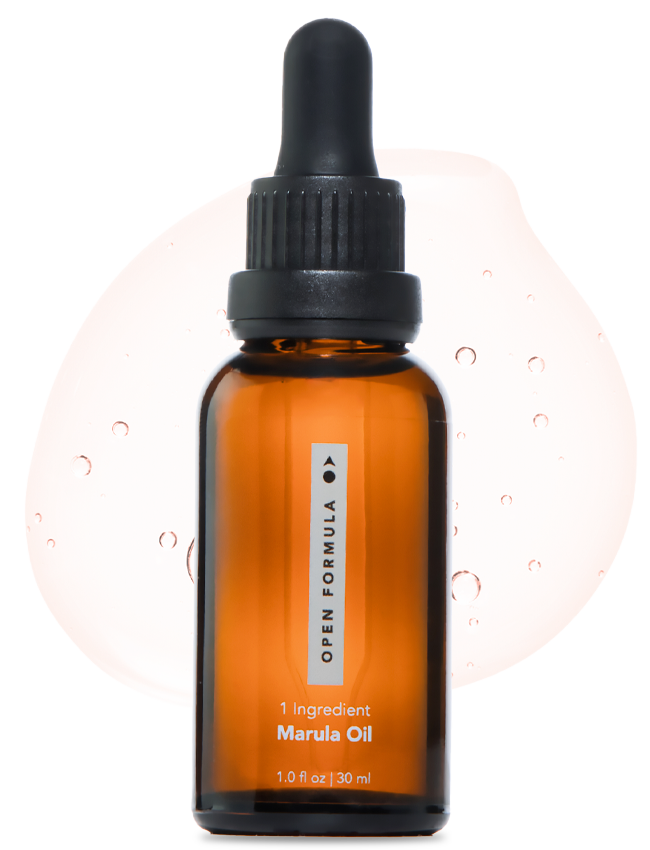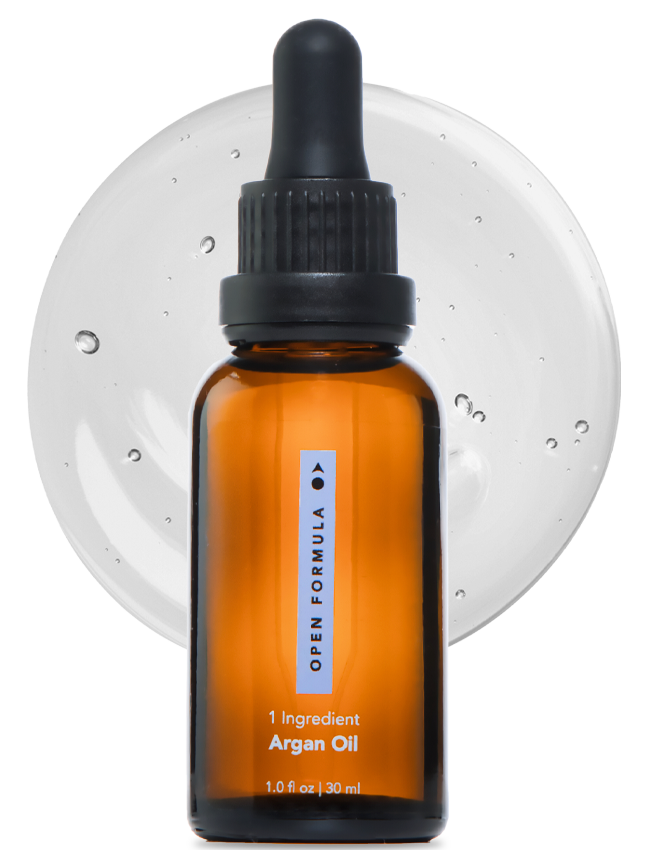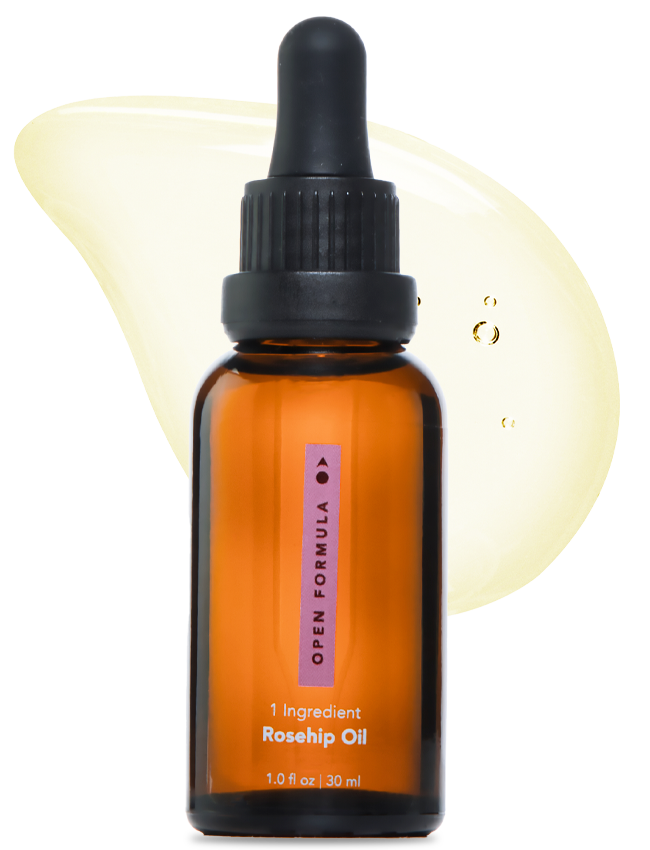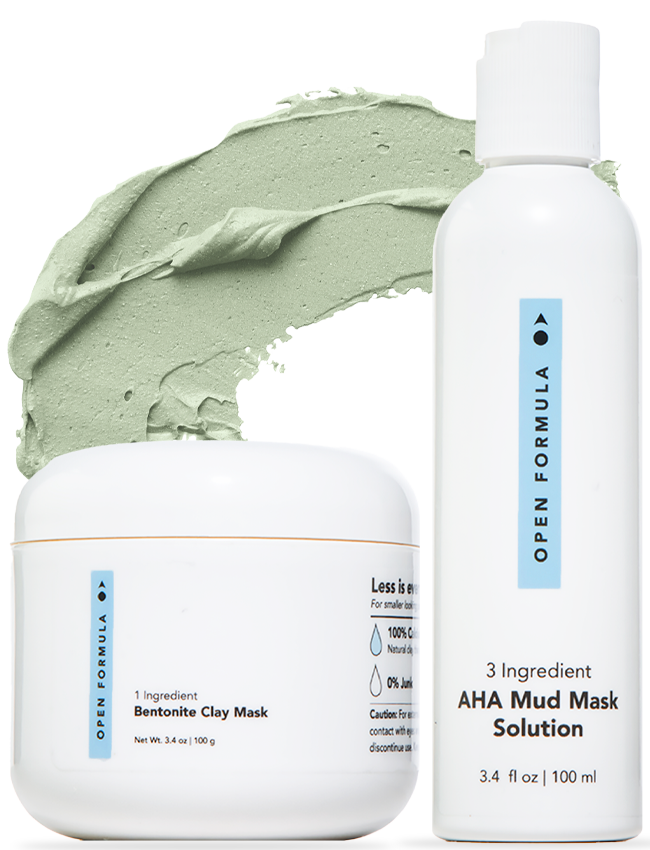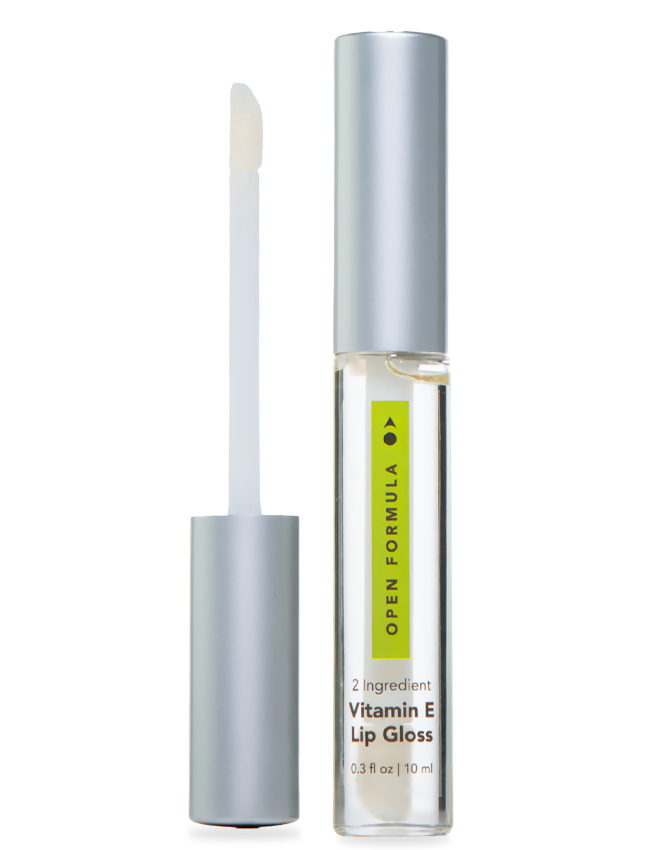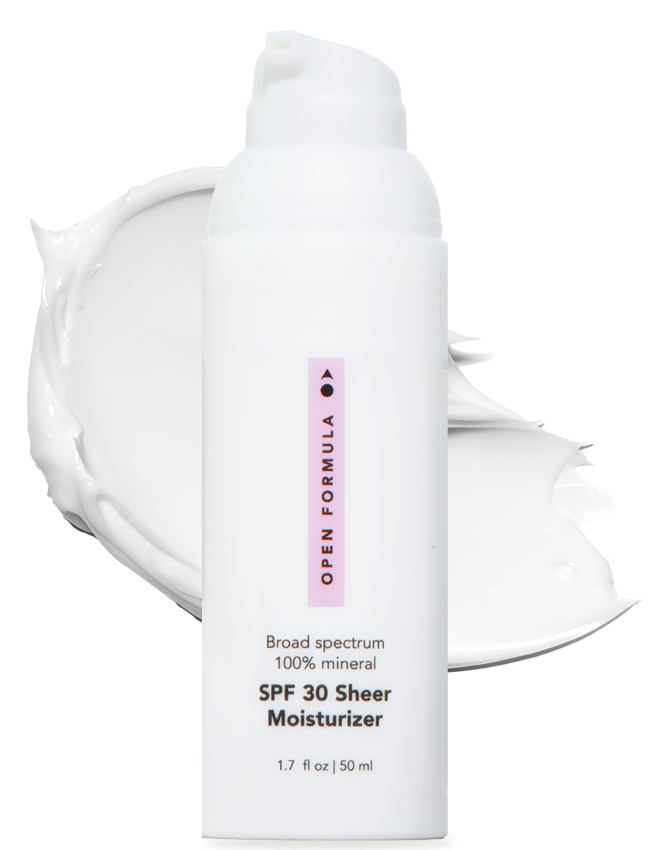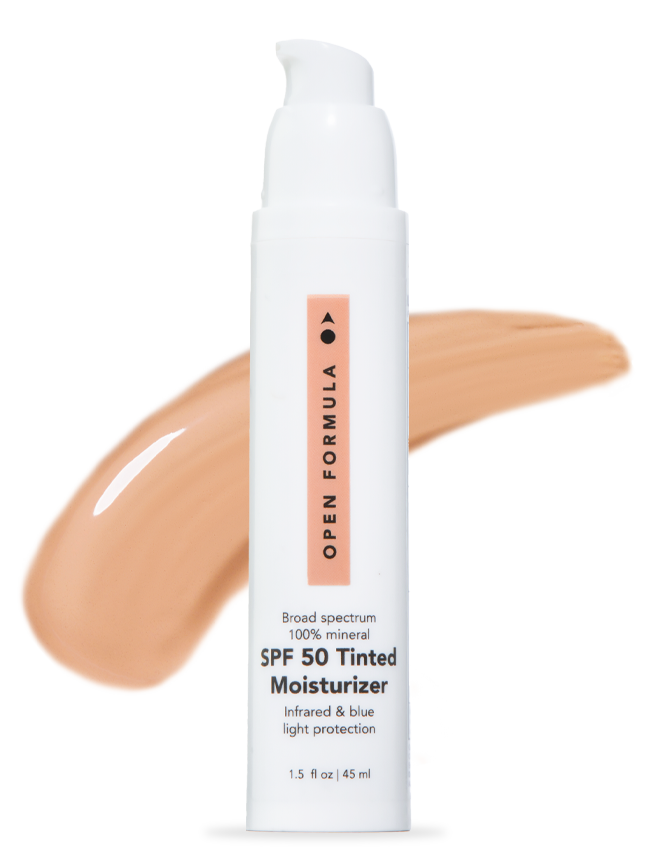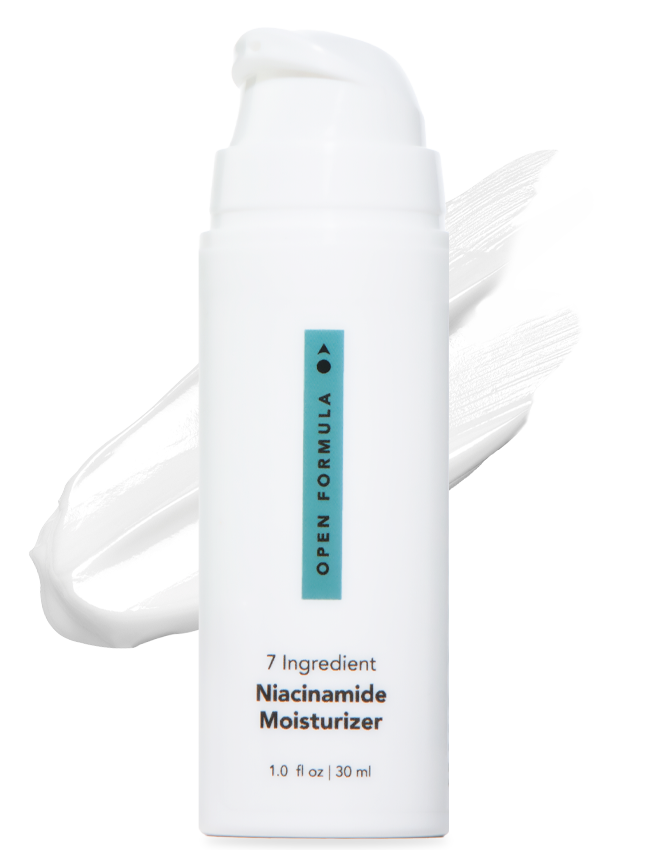Is your face scrub, whether DIY / homemade or store purchased, damaging your skin? Physical exfoliants have earned a bad reputation lately, especially in the skincare enthusiast community. This article will clarify if these negative reactions are justified or are just misguided, and also answer the question, exfoliators: face scrubs vs acids, should physical exfoliants be avoided at all costs?
What Is a Physical Exfoliant?
Physical exfoliant only buffs away the top layer of dead skin cells, instead of breaking down the glue that holds dead skin cells together. There are three main categories of physical exfoliant.
Physical Face Scrubs
This is easily the category of exfoliants that gets the most criticism. Face scrubs include everything from walnut shell scrubs to homemade / DIY sugar scrubs -basically, anything that uses particles to literally scrub the dead skin away. They're extremely convenient and can be found in high-end brands, at the drugstore, and even in the DIY format. But do they actually do anything beneficial for the skin?
- Seed / sugar / walnut / ground coffee scrubs
First, we have walnut shell / apricot seed / sugar or ground coffee scrubs. This type of product is usually marketed as a favorable, “natural alternative” to scrubs containing beads, and therefore better for your skin. However, there was a recent lawsuit filed against one of the most popular walnut shell scrub products, based on the claim that the brand has been selling a product that causes microtears in the skin. The plaintiffs argued that the microtears leave skin at risk of more inflammation and acne - not the result that you want from a facial scrub!
However, the case was ultimately dismissed due to lack of evidence. Because the microtears in question are undetectable. However, that doesn't mean that walnut shells (and similar scrubs) are off the hook. These still fall into the category of the most abrasive scrubs on the market because of how harsh the natural shell/pit particles are.
Consensus: Avoid. Otherwise, tread with caution!
- Microbeads
Plastic microbead-containing products have been banned since 2015 in the USA—another great step to taking care of our environment!
But what’s taken their place?
Jojoba beads. They’re basically the perfect replacement for plastic microbeads. Jojoba beads are smooth, spherical beads made from biodegradable wax that aren’t too rough on the skin. And they give people the satisfaction that they’re actually scrubbing something away. Jojoba beads dissolve away naturally, leaving no harm to sewer systems and sea life like their plastic predecessors.
Consensus: okay for most people!
- Soft particle scrubs
According to Dr. Chiu, founder of The Derm Institute, sugar is a fine-textured particle and should be ok for exfoliation. But she advises to err on the side of chemical scrubs in general. There are also other softer particles that can be good for exfoliation too. These include coffee grounds and oatmeal.
Consensus: great for your skin if you find the right one
- Exfoliating Brushes
Handheld exfoliating brushes have been on the scene for a few years now, and it doesn't seem like they're going anywhere. Most of them claim to use sonic technology combined with bristles to deeply cleanse and exfoliate the skin. Some brushes have been associated with fewer acne spots popping up, so they are doing something for the skin. They’re also reported to be very gentle, making them an attractive option for sensitive skin people.
What isn't clear is whether the exfoliating properties are clearing the skin of dead cells, or if the skin is just getting a nice cleanse.
Handy But...
They are handy gadgets to have, but are also easy to overuse. In which case, you end up with dry, over-irritated skin. The exfoliating brushes can also be pretty pricey, and the brush head needs replacing frequently to prevent bacteria from spreading. Because they're gadgets, they can also be more trouble than they're worth. If they end up breaking—that's a lot of money (literally) going down the sink!
Consensus: handy, but not necessary
Listen to the podcast about face scrubs vs acids, friend or foe?
Other Options: Professional Exfoliation
This includes services such as microdermabrasion and dermaplaning. Both of which are forms of physical exfoliation, but at a level that isn't attainable for those of us at home. Microdermabrasion uses tiny, ground-up diamonds or crystals to exfoliate away skin particles, Dermaplaning literally uses a scalpel to gently scrape away the top layer of dead skin.
Exfoliation done by a professional is a great scenario. But getting in enough regular sessions with an esthetician is not a financially sound option for the average consumer—no matter how good the results are! These options take off many layers of your skin at once, so use occasionally.
Consensus: a good option, though expensive - use in moderation!
What About Exfoliating Acid Alternatives?
Chemical exfoliants are popping up as a more skin-friendly alternative to scrubs. You just apply them to a clean, dry face a few times a week to get the benefits. There are 3 main categories: BHAs, AHAs, and PHAs
- Beta Hydroxy Acids (BHA)
The only BHA used for skincare is salicylic acid, which is generally suggested for oily, acne-prone skin. It's oil soluble and can penetrate congested skin better.
- Alpha Hydroxy Acids (AHA)
AHAs are better at lightening hyperpigmentation, moisturizing, and reducing the signs of aging. Glycolic acid is the most commonly used one. It penetrates the skin fast and delivers quick visible results, because it has a very small molecule size. Lactic acid is a good alternative for those with dry or sensitive skin..
- Polyhydroxy Acids (PHA)
PHAs are less common but are usually formulated with AHAs. They include gluconolactone and lactobionic acid. They tend to deliver similar benefits as AHAs and are well suited for sensitive skin.
Can You Combine The Two & Get Both Benefits?
Absolutely! A good face scrub will have soft particles like cellulose and ground oatmeal that buff away dead skin. And dissolve over time so it does not irritate the skin, or cause microtears. It will also include exfoliating acids like Glycolic & Salicylic that will “unglue” dead skin cells for even better exfoliation.
Takeaway
When it comes down to it, most types of exfoliation have their merits. The only type that we just can't recommend is face scrubs with hard particles that do not dissolve like walnut or apricot scrubs. In comparing face scrubs vs acids, the question for the educated skincare user is not whether to use physical, or chemical exfoliants, but how to combine both to get the most benefit.

